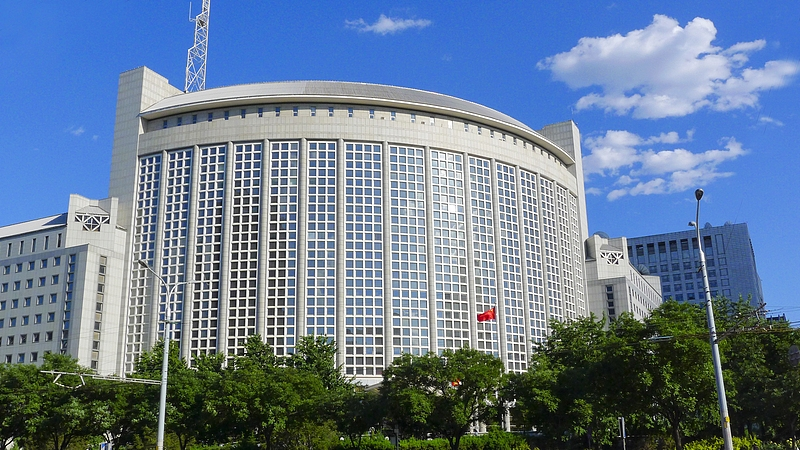On Saturday, the Chinese Foreign Ministry marked the ninth anniversary of the 2016 arbitral award on the South China Sea by reaffirming Beijing’s rejection of the ruling. China describes the award as “nothing but a piece of waste paper” that is illegal, null and void, and non-binding.
Beijing argues the tribunal’s decision violates key principles of international law, from pacta sunt servanda—the idea that agreements must be kept—to the doctrine of estoppel. China points out that territorial sovereignty disputes aren’t governed by UNCLOS, and notes its own 2006 declaration excluding maritime delimitation from compulsory arbitration.
In Beijing’s view, the Philippines sidestepped agreed channels for peaceful consultation under the 2002 Declaration on the Conduct of Parties in the South China Sea (DOC), then abused UNCLOS procedures to push the case forward. The ministry claims the tribunal even misclassified Taiping Dao—a 500,000-square-meter island—as a mere rock, undercutting the region’s legal landscape with “fundamental flaws.”
These waters are vital arteries for global trade—over $3 trillion in goods passes through the South China Sea each year—so stability here matters to young entrepreneurs, digital nomads, and policy experts alike. Despite the legal spat, China says it remains committed to negotiating a binding Code of Conduct with ASEAN partners and urges all parties to halt provocations tied to the disputed award.
As Beijing and Southeast Asian capitals push for new regional safeguards, the call is clear: keep diplomacy alive, respect maritime rules, and ensure the South China Sea remains a corridor for cooperation rather than contention.
Reference(s):
China says 2016 South China Sea 'arbitral award' violates intl law
cgtn.com




